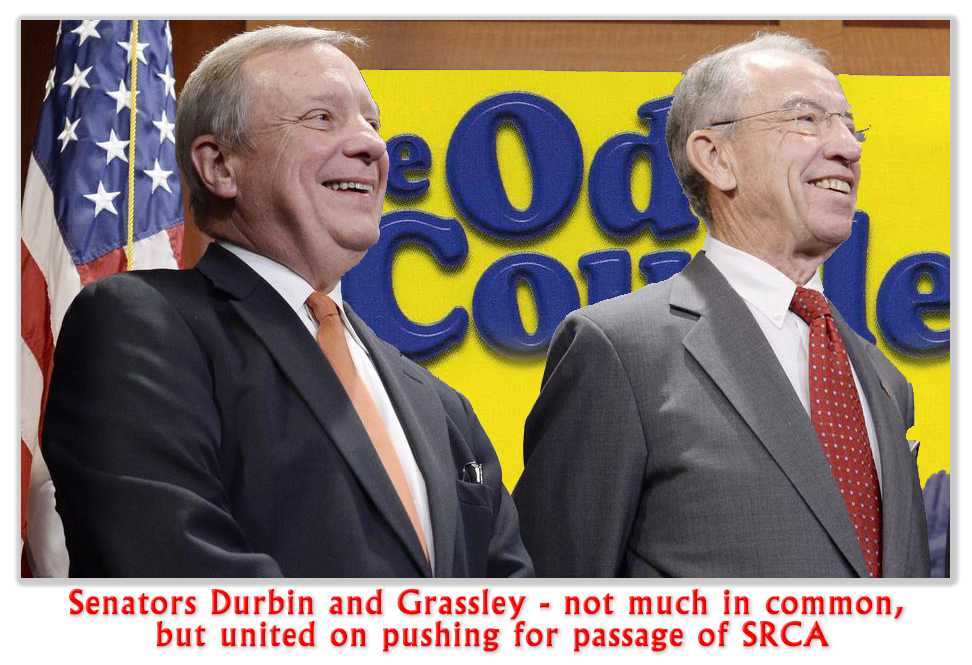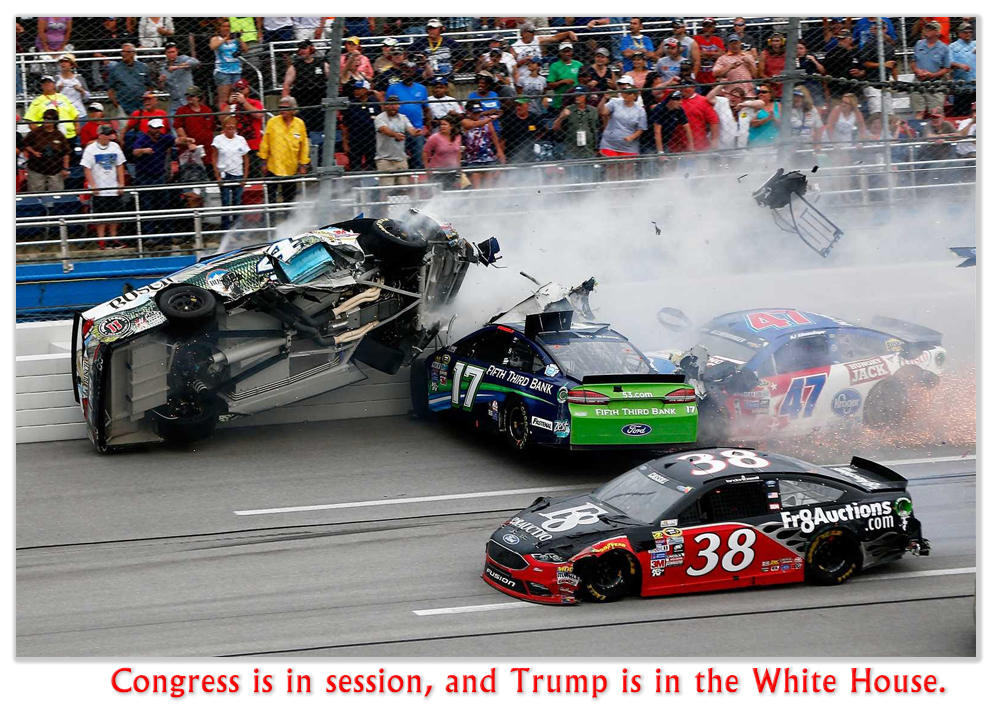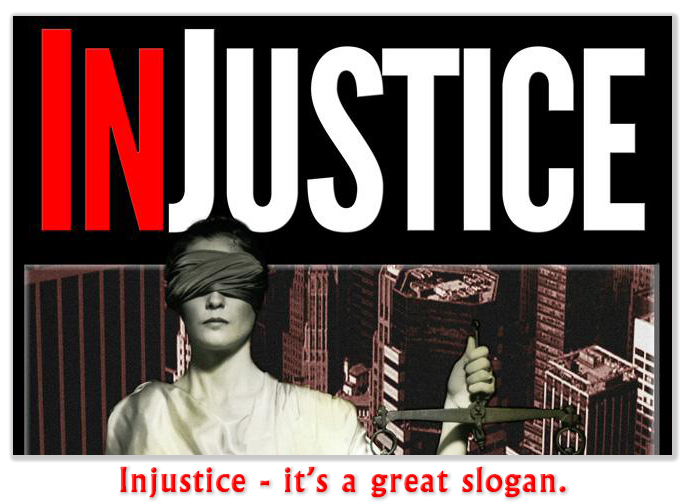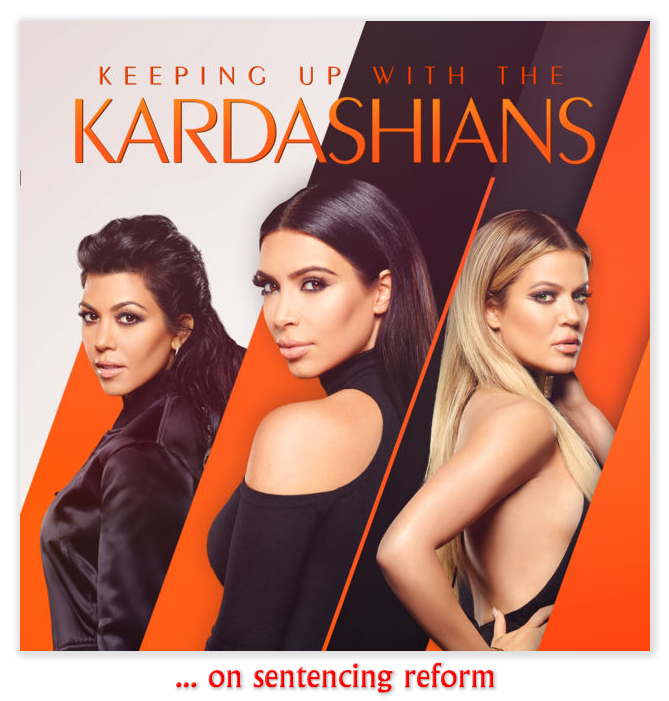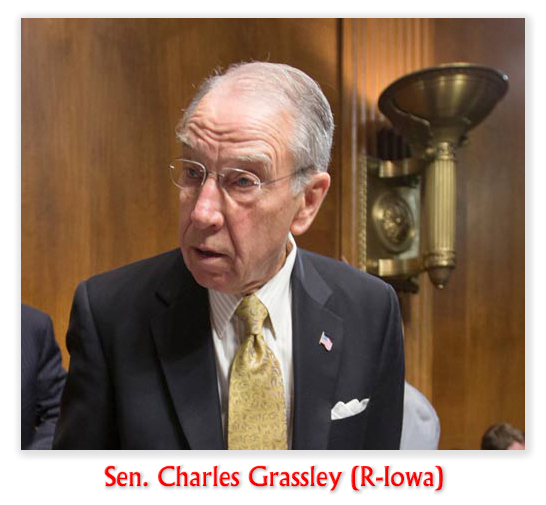We post news and comment on federal criminal justice issues, focused primarily on trial and post-conviction matters, legislative initiatives, and sentencing issues.

TRUMP BREAKING CRIMINAL JUSTICE REFORM LOGJAM?
President Trump told Republican senators last Wednesday that he’s open to a proposal on prison and sentencing reform that combines the FIRST STEP Act with provisions of the Sentencing Reform and Corrections Act of 2017, giving new life to criminal justice reform that had seemed hopelessly stalled on Capitol Hill.
 The compromise presented to President Trump by Republican senators at a White House meeting on Wednesday would combine the FIRST STEP Act with four sentencing reform provisions that have bipartisan Senate backing, according to a source familiar with the meeting.
The compromise presented to President Trump by Republican senators at a White House meeting on Wednesday would combine the FIRST STEP Act with four sentencing reform provisions that have bipartisan Senate backing, according to a source familiar with the meeting.
A senior White House official described the president as “positively inclined” toward the compromise proposal. The source said Trump told GOP senators to “do some work with your colleagues” and “let’s see where the Senate is and then come back to me with it.”
The White House meeting with Republican senators included Mike Lee (Utah), Lindsey Graham (South Carolina), and Senate Judiciary Committee chairman Charles Grassley (Iowa).
Trump’s support is significant because the core group of Republicans and Democrats behind the Senate bill has insisted on including sentencing reform as part of any criminal justice legislation, but Senate Majority Leader Mitch McConnell (R-Kentucky) is not about to bring a bill to the floor if there is vocal opposition from either the White House or the Republican caucus. “The question is whether there [are] enough sentencing provisions in there to make those guys happy without turning off too many Republicans and making it too toxic for McConnell to put on the floor,” says Alex Gudich, deputy director of #Cut50, a criminal justice advocacy group.
The Hill reports that some of the bill backers now think there’s a possibility of moving the modified legislation through the Senate as soon as this month, although it’s more likely be delayed until the lame-duck session after the midterm elections, that starts in mid-November.
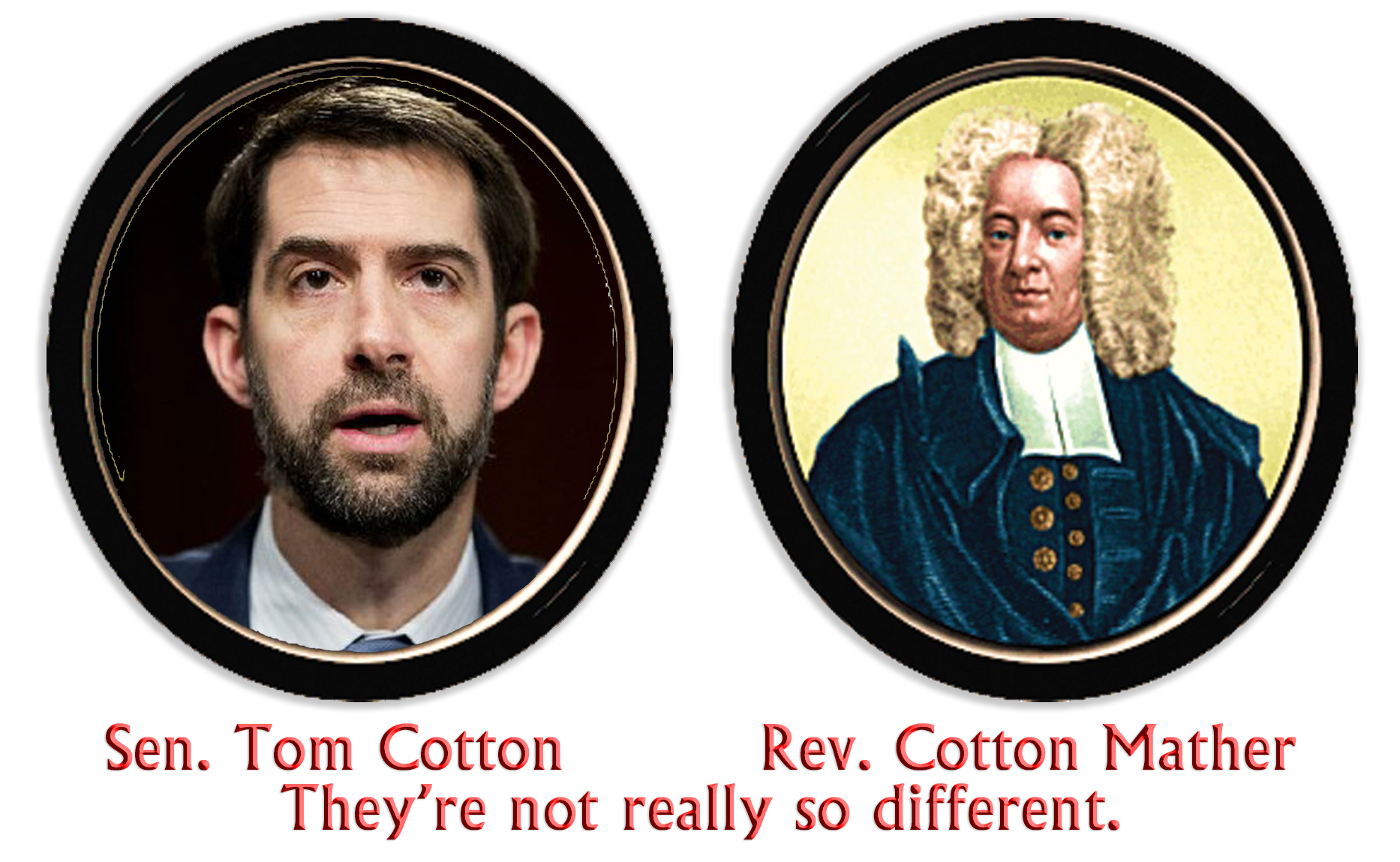 Conservatives such as Sen. Tom Cotton (R-Ark.) and Attorney General Jeff Sessions have opposed combining prison and sentencing reform. Cotton argued in a speech at the Hudson Institute earlier this year that “if anything, we have an under-incarceration problem.”
Conservatives such as Sen. Tom Cotton (R-Ark.) and Attorney General Jeff Sessions have opposed combining prison and sentencing reform. Cotton argued in a speech at the Hudson Institute earlier this year that “if anything, we have an under-incarceration problem.”
Meanwhile. the Washington Free Beacon published a leaked letter from the Dept of Justice to the White House outlining its concerns about the FIRST STEP Act. “In the Department’s view,” the letter says, “this legislation, if passed in its current form, would further and significantly erode our long-established truth-in-sentencing principles, create impossible administrative burdens, effectively reduce the sentences of thousands of violent felons, and endanger the safety of law-abiding citizens and law enforcement officers.”
The DOJ letter also tied the declining federal prison population to rising crime rates. “The number of federal inmates has declined more than 16% since 2013 and is at its lowest level since 2004,” the letter reads. “It is likely no coincidence that, at the same time, we are in the midst of the largest drug crisis in our nation’s history and recently experienced the two largest single-year increases in the national violent crime rate in a quarter of a century.”
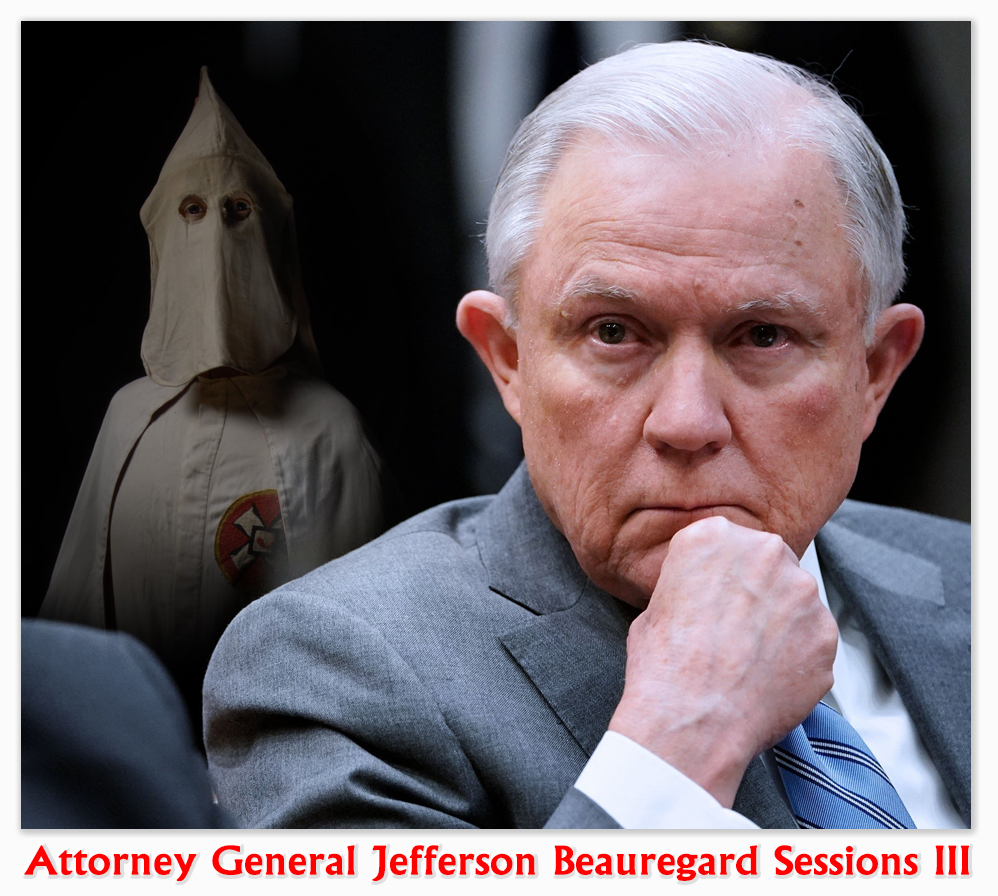 Conservative groups supporting criminal justice reform pushed back against the DOJ letter. FreedomWorks rebutted the report, saying, “Simply put, correlation doesn’t equal causation.” And when reporters asked Grassley today about his former Senate colleague Sessions’ efforts to derail the criminal justice legislation, Grassley responded sharply, “With all that I have done to help Sessions, to keep the president from firing him, I think Sessions ought to stay out of it.”
Conservative groups supporting criminal justice reform pushed back against the DOJ letter. FreedomWorks rebutted the report, saying, “Simply put, correlation doesn’t equal causation.” And when reporters asked Grassley today about his former Senate colleague Sessions’ efforts to derail the criminal justice legislation, Grassley responded sharply, “With all that I have done to help Sessions, to keep the president from firing him, I think Sessions ought to stay out of it.”
Criminal justice reform groups have been bolstered by a poll released last week by Freedom Partners, a nonprofit group that funds conservative and libertarian causes, showing 70% of voters nationwide think the Senate should pass the FIRST STEP Act.
Ohio State University law prof Doug Berman said in his Sentencing Law and Policy blog this past weekend, “I am not counting any sentencing reform chickens before they hatch, but this description of the compromise combo FIRST STEP Act and SRCA would seem to make a lot of sense in light of various positions staked out on both sides of the aisle. And if Prez Trump signals support for such a reform package and is willing to make it a priority, I would now be inclined to predict this will get done this year. But because Prez Trump has never seemed a serious advocate for sentencing reform, and because his Attorney General likely dislikes all of this, and because the run-up and aftermath of an election can disrupt lots in DC, I am inclined to remain pessimistic about all of this until votes are being scheduled and taken.”
The Hill, Trump gives thumbs up to prison sentencing reform bill at pivotal meeting (Aug. 3, 2018)
Reason, The White House Is Moving Forward on Prison Reform Despite Justice Department Resistance (Aug. 2, 2018)
Sentencing Law and Policy, Encouraging news from DC about prospects for prison reform with sentencing reform getting enacted in 2018 (Aug. 4, 2018)
– Thomas L. Root


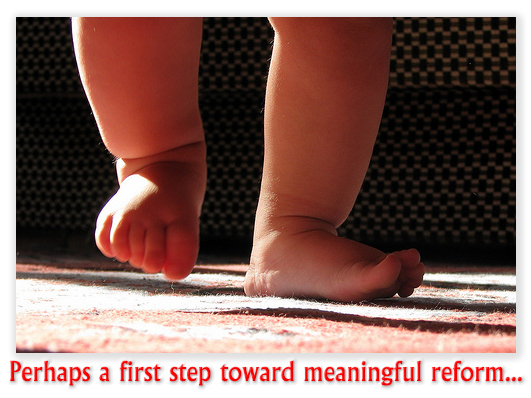

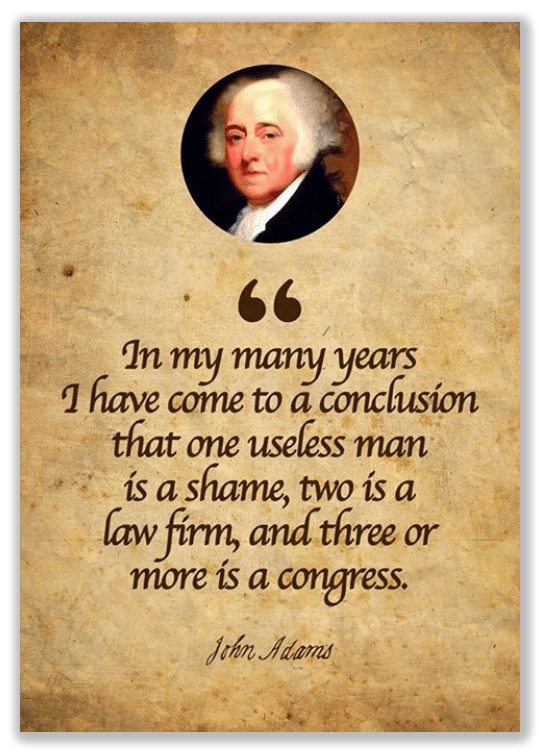




 Berman wrote, “It is now been nearly a month since Prez Donald Trump commuted the life sentence of Alice Johnson at the behest of Kim Kardashian West. Immediately thereafter, there were reports of “a growing list of potential pardons or commutations under consideration by President Donald Trump” and Prez Trump himself said: “We have 3,000 names. We’re looking at them. Of the 3,000 names, many of those names have been treated unfairly.” A week later it was reported Prez Trump will be “pardoning a lot of people — pardons that even Obama wouldn’t do” and reported that Mrs. West had “assembled a large legal team and was pursuing clemency for several other nonviolent offenders.”
Berman wrote, “It is now been nearly a month since Prez Donald Trump commuted the life sentence of Alice Johnson at the behest of Kim Kardashian West. Immediately thereafter, there were reports of “a growing list of potential pardons or commutations under consideration by President Donald Trump” and Prez Trump himself said: “We have 3,000 names. We’re looking at them. Of the 3,000 names, many of those names have been treated unfairly.” A week later it was reported Prez Trump will be “pardoning a lot of people — pardons that even Obama wouldn’t do” and reported that Mrs. West had “assembled a large legal team and was pursuing clemency for several other nonviolent offenders.” 
